SGGP
Europe is currently at the forefront of pushing people to find green alternatives to short-haul air travel.
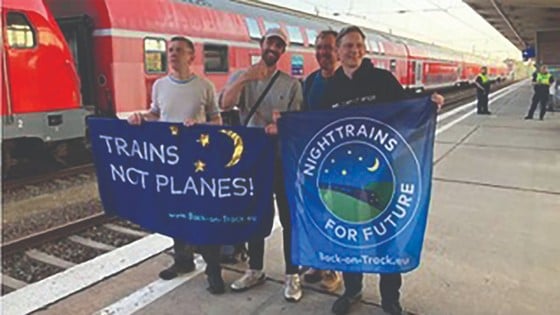 |
| Campaign to replace planes with trains on a train platform in Berlin, Germany Photo: THE GUARDIAN |
A movement to boycott flying called Flight shame was launched. Since then, many people have chosen to travel by train, which is considered a more environmentally friendly solution.
A rail revolution is underway in Europe, with high-speed trains and new operators reversing the trend of declining demand for overnight services, as well as tunnels and new locomotives that are reducing travel times and improving reliability and efficiency. Low-cost ticket promotions are also playing a major role in stimulating demand. With a huge investment in rail, the “railification” of Europe’s transport network is well on its way and it is only a matter of time before travel becomes largely rail-based, returning the continent to blue skies.
However, the transition has been slow and there are no signs that European airports will be quieter any time soon. Earlier this year, France banned three short domestic routes in an effort to cut emissions. Although approved by European Union (EU) officials and enacted into law in France this May, the ban has limited the ability to find alternative travel solutions and has had little impact on reducing emissions.
According to Transport & Environment (T&E), the banned flights account for only 0.3% of the total emissions of the French aviation industry and 3% of emissions from domestic flights. Aviation emissions have a strong impact on climate change, due to the gases, vapours and smoke trails emitted by aircraft. Furthermore, the aviation industry is recovering rapidly from the Covid-19 pandemic, causing aviation emissions in Europe to increase by an average of 5% compared to the period 2013-2019. In addition, airlines do not have to pay fuel tax in the EU, and air tickets are exempt from value-added tax (VAT).
While the impact is limited, the French ban sets the stage for future restrictions in the aviation industry. Patrick Edmond, CEO of aviation consultancy Altair Advisory, sees the ban as a harbinger of similar measures that could be introduced if the industry doesn’t get serious about decarbonization.
France is not the first EU country to take a tough stance on short-haul flights. In 2020, the Austrian government agreed to support Austria Airlines on the condition that it scrap all flights with train services under three hours. The government also introduced a €30 ($32) tax on flights under 350km from domestic airports.
Spain has also set a roadmap to reduce train flights to less than 2 hours and 30 minutes by 2050. Dutch airline KLM is actively working with rail partners on some routes.
Source


![[Photo] Prime Minister Pham Minh Chinh chairs a Dialogue with businesses and business associations](https://vphoto.vietnam.vn/thumb/1200x675/vietnam/resource/IMAGE/2025/5/31/b606d6f6ff584fa28af9f353c91bf15d)
![[Photo] Emotional and proud flag-raising ceremony and military review on Truong Sa island](https://vphoto.vietnam.vn/thumb/1200x675/vietnam/resource/IMAGE/2025/5/31/9b52525fce6f433083cd0a5bfee59f49)
![[Photo] Crane falls on container truck and car at traffic construction site](https://vphoto.vietnam.vn/thumb/1200x675/vietnam/resource/IMAGE/2025/5/31/a8d3ae08da324cfe8ee406174c0eacc4)


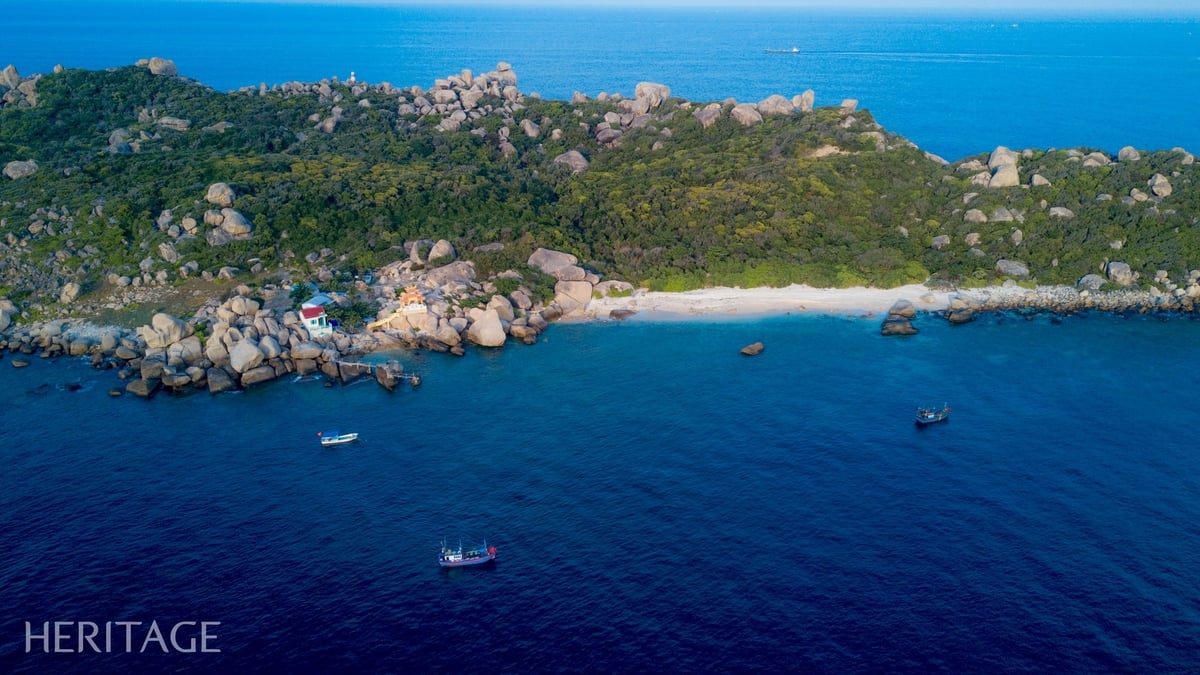
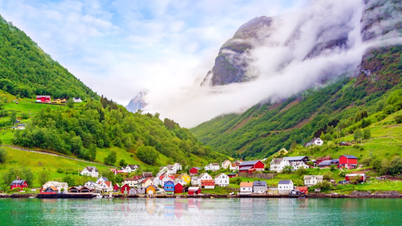

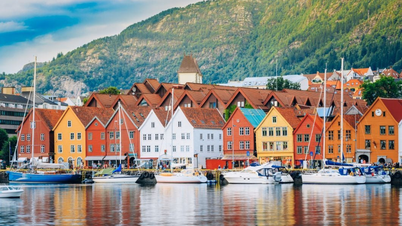
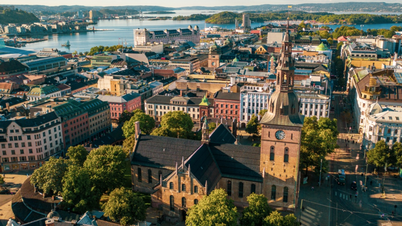
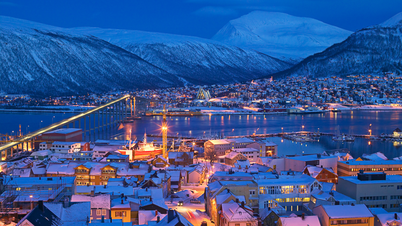
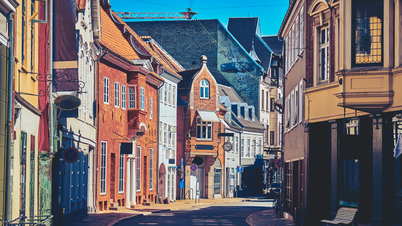
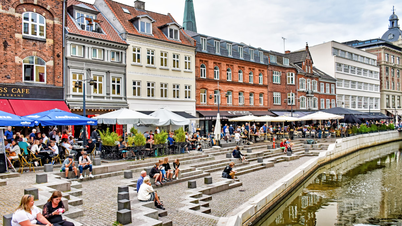





















































































Comment (0)